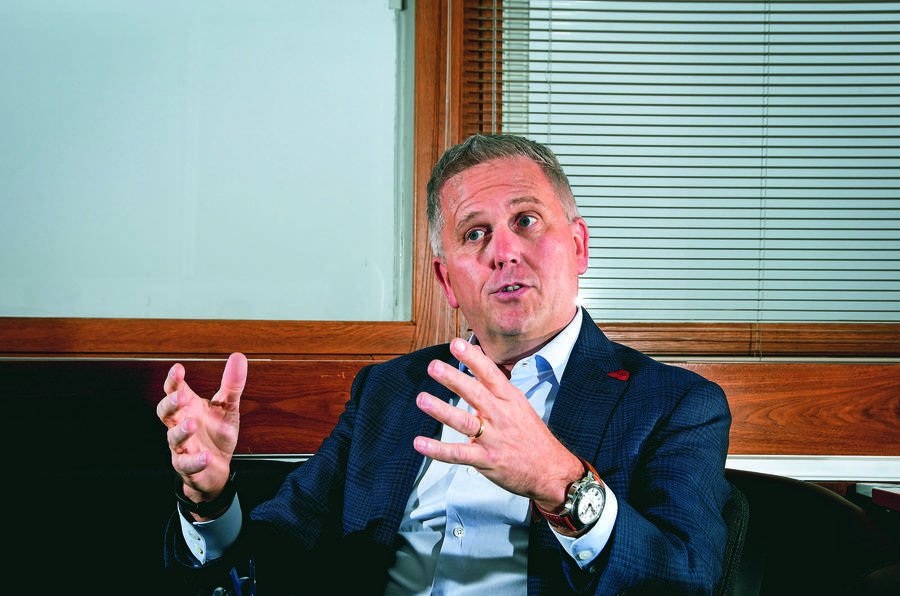Ford's European boss Stuart Rowley has moved to dampen concerns about a conflict between car makers and legislators, following government proposals to 'ban' sale of combustion cars and hybrids from 2035.
Speaking at a London event called Go Electric aimed at publicising Ford's electrification models and plans, Rowley said he believed talk of bans was "not helpful" and that best progress would be made if participants in negotiations were "positive and not adversarial".
"We have already begun a lot of negotiations," says Rowley, "both here and in the EU, where proposed new laws are also hugely ambitious. The authorities have seen that we're making good progress this year - Ford plans 14 electrified models this year alone - and we'll make much more progress by 2025.
"What's really important is the performance of the cars we build now. Between today and 2035 the industry will put 30 million cars on the road in the UK alone, and that fleet will be around until 2050. What matters right now is how effective those cars are at reducing CO2 now."
Rowley believes there are "smart people" in government prepared to "engage sincerely" in drawing up effective plans for our electrified future. They will be watching for unintended consequences, says Rowley, and will move to reduce them with tweaks and changes when necessary.
"The challenge for us right now," says Rowley, "is to make the right plans for our next portfolio of models. It's likely that pure internal combustion engine models will struggle from 2025 when the next tranche of regulations arrives. We believe the battery electric vehicle will become a big part of the mix, and quite soon. But we have to make a bet on whether that demand arrives in, say, 2023 or 2027. And given the size of the investment needed, the stakes are very high.
Ford's first vehicle designed purely for electric power, the Mach-e, went on sale last November at prices between £40,250 and £58,000. UK buyers who have reserved cars will be asked to confirm their spec and pay a deposit this summer, and local deliveries of the Mexican-built cars will start late this year, at the same time as US deliveries begin.
Related News

